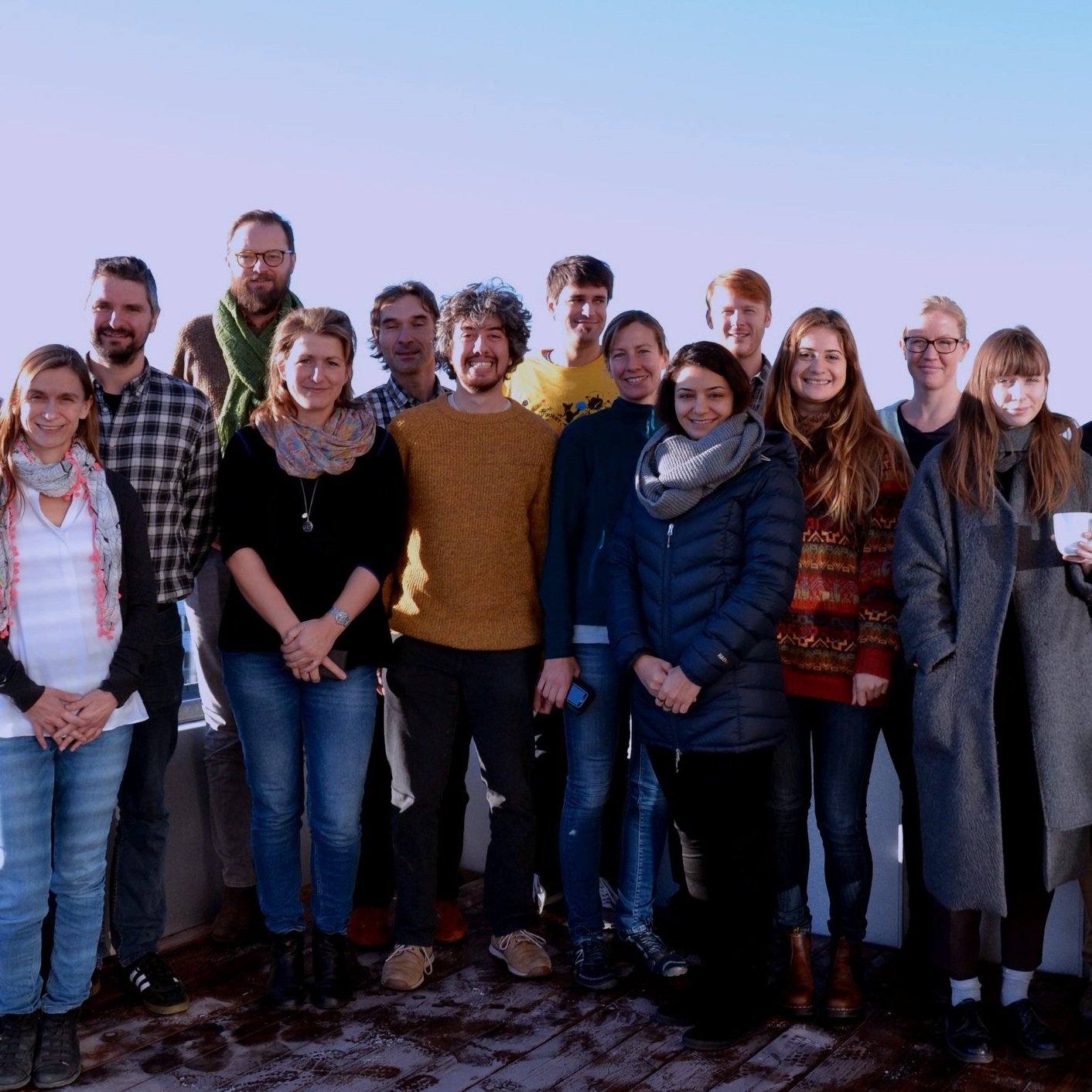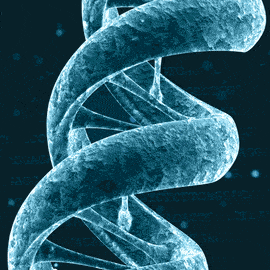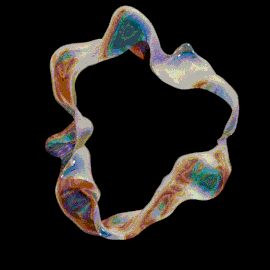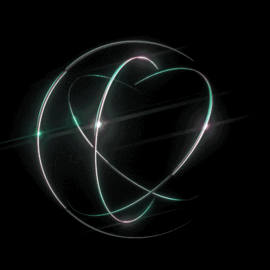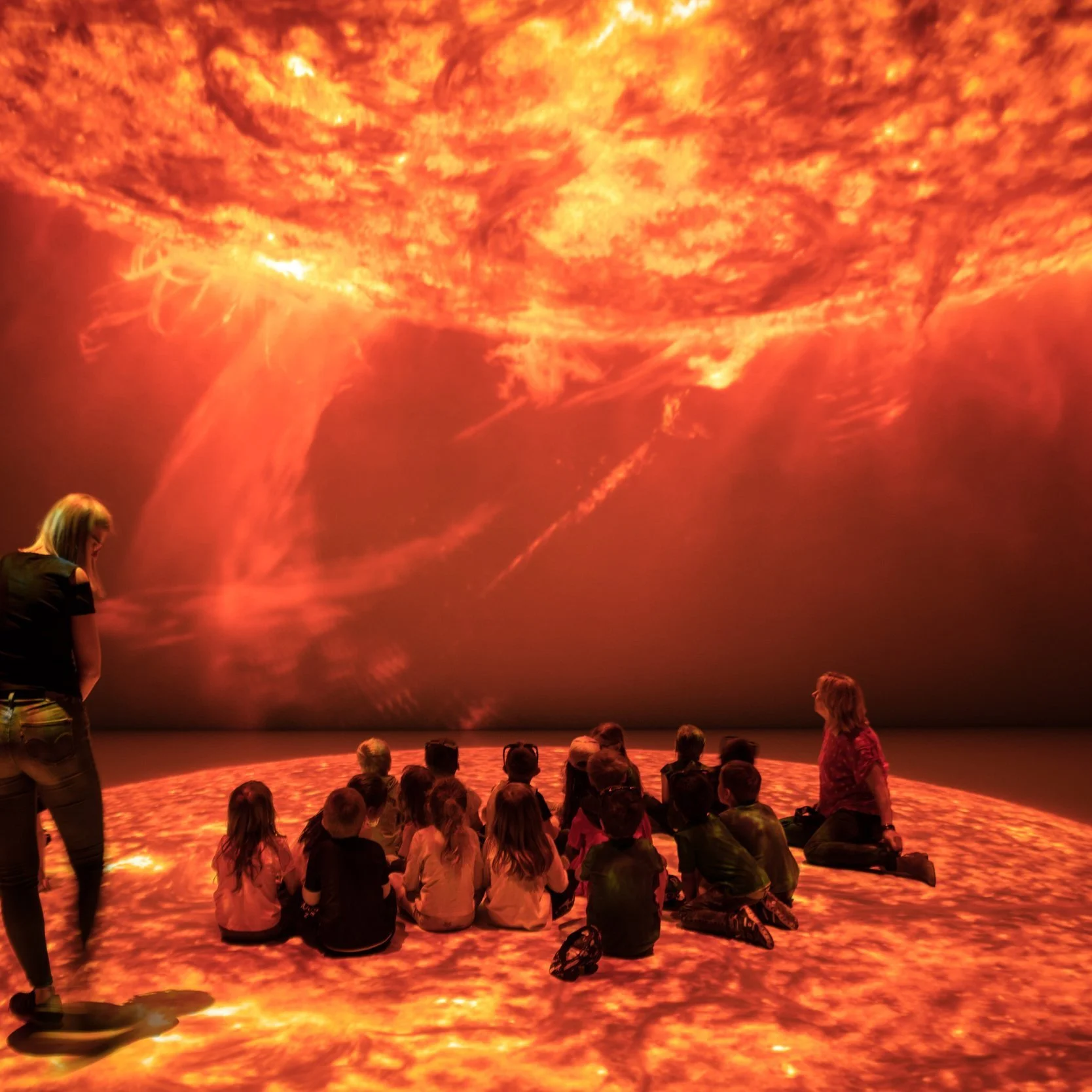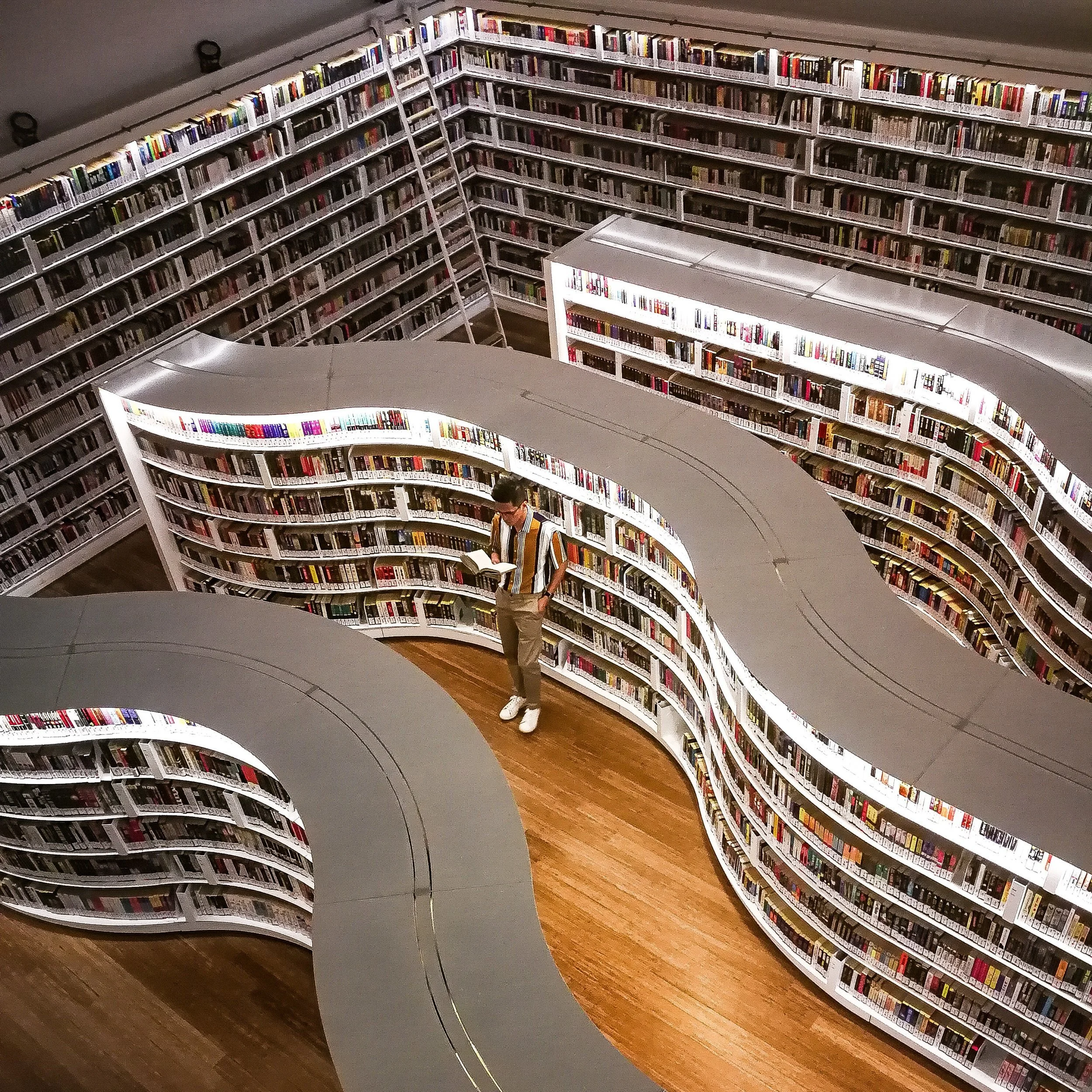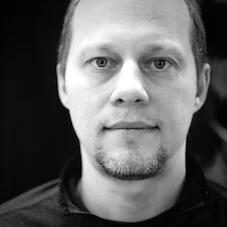When: Monday, 29th June 2020, 14.00-15.00
Zoom link/registration: https://lu-se.zoom.us/meeting/register/u5EvdeuoqDsiH90wORNvZtio9s_KuG5bcdp0
Speaker: Andrew Sazonow, ESS
Title: EasyDiffraction: new easy-to-use software for analysis of diffraction data
Abstract: The efficient use of X-ray and neutron diffractometers is often hindered by complicated data analysis software that creates barriers to entry for novice users and may even reduce efficiency for advanced users. Moreover, available software programs often do not have all the required functionality, their source code is not always publicly available and is often not easily maintainable and extensible. One solution is to develop software that integrates the various existing crystallographic libraries and allows users to analyze their data using a unified Python interface and/or an intuitive and user-friendly graphical interface.
The talk will present easyDiffraction, a software developed following the above approach. easyDiffraction is a free and open-source multi-platform software for analysis of diffraction data, i.e., simulation of diffraction pattern based on structural model and refinement of its parameters. easyDiffraction has an intuitive interface and a clear workflow that helps speed up data analysis and is distributed as an all-in-one package that includes all the dependencies.
We have just started our work on easyDiffraction, so its functionality is still very limited. Currently, we support classical 1D polarized and unpolarized neutron powder diffraction data collected at constant wavelength. However, we plan to extend easyDiffraction to cover Time-of-Flight, X-ray and single-crystal data, 2D refinement, and more. Everyone is welcome to be part of the easyDiffraction community, contribute additional functionality and help improve the software. Please visit https://easyDiffraction.org for more details.
Bio: Andrew Sazonov is a software developer and materials scientist at the European Spallation Source (ESS). He received his Ph.D. (2009) in natural science from the RWTH Aachen University, Germany. He has been working as co-responsible for single-crystal diffractometers at the neutron research reactor FRM II (Heinz Maier-Leinitz Zentrum, Germany) and ORPHEE (Leon Brillouin Laboratory, France). He is author and co-author of over 50 peer-review scientific articles, most of which included analysis of diffraction data. Throughout his career, he has been strongly interested in scientific software and has been involved in software development for data reduction and analysis. In 2018 he joined the Data Reduction, Analysis, and Modelling (DRAM) group at ESS. His current work focuses on the development of user-friendly data analysis software, especially in the field of neutron diffraction.
Webinar moderators
Veronica Lattanzi ( veronica.lattanzi@biochemistry.lu.se ) and Anurag Kawde ( anurag.kawde@linxs.lu.se). Please contact the moderators for any questions or other queries.











